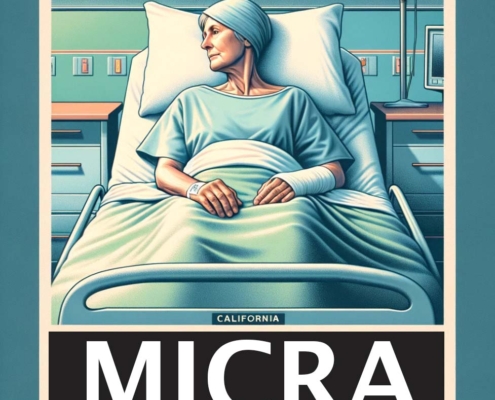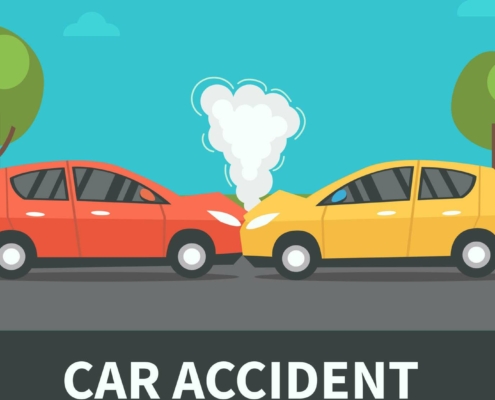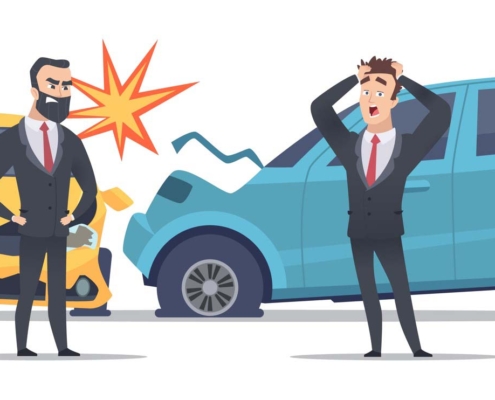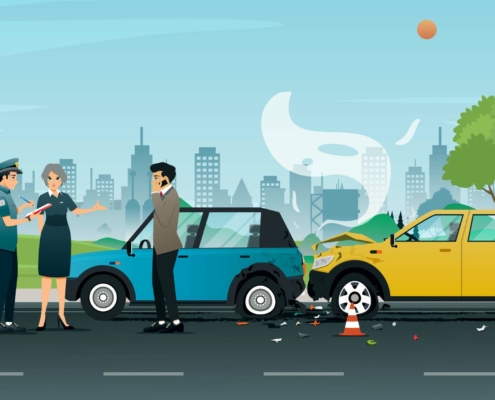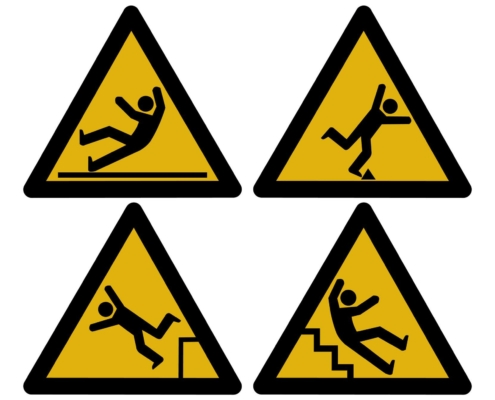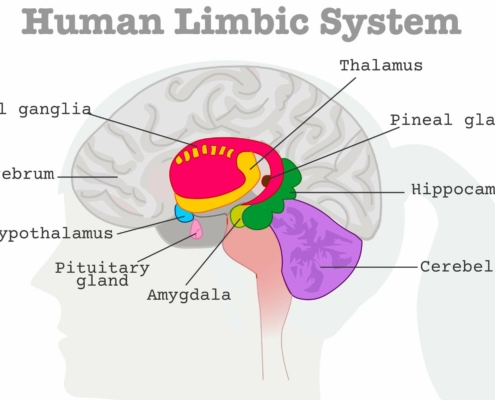Lawyer for Sexual Assault and Rape Victim
No means no!
Rape is commonly defined as the act of compelling another individual to participate in any form of unwanted sexual activity, even if it involves minimal penetration. This encompasses acts such as vaginal, anal, or oral intercourse, as well as the use of objects or body parts against the victim’s will. It is worth noting that some sexual assault lawyers for rape survivors might use the terms ‘rape’ and ‘sexual battery’ interchangeably. Furthermore, in cases involving a child, a sexual assault lawyer specializing in child sexual abuse can clarify the distinction between molestation and sexual assault. If you have inquiries about the rights of rape survivors, feel free to reach out to our dedicated rape lawyer for a complimentary consultation.
In many states, sexual battery pertains to non-penetrative sex offenses, which, while still deeply distressing for the victims, are legally viewed as less severe. Sexual battery is typically defined as the non-consensual or deceptive touching of intimate body parts. Some states encompass both clothed and unclothed instances, while others specify that the act must be motivated by sexual gratification to qualify as sexual battery. A rape lawyer specializing in rape cases in your state can provide clarity on these distinctions. In cases involving child abuse, reach out to our rape lawyer dedicated to supporting rape survivors for a complimentary consultation.
Acts falling under the definition of sexual battery in most states may include:
– Forcing a kiss on the mouth
– Touching a person’s genital areas
– Grabbing or fondling a person’s breasts
– Compelling a person to touch or grab the offender’s intimate body parts
– Grabbing or fondling a person’s buttocks
If you have experienced sexual abuse, report it to the authorities and get in touch with our sexual assault lawyer specializing in aiding rape victims.
Understanding Consent in Cases of Sexual Assault
The pivotal factor distinguishing consensual sexual contact from a sex crime lies in the presence or absence of consent. When sexual contact occurs without voluntary participation or against someone’s will, it is deemed non-consensual and consequently considered a sex crime. This encompasses scenarios where:
- Physical force is employed in the sexual contact, overriding the person’s capacity to give consent.
- Threats are made, or harm is threatened against another person if any resistance is met.
- Any form of touching or penetration persists after an explicit “stop” or “no,” indicating a desire to halt the sexual contact.
- Sexual contact with an individual incapable of providing consent, such as those with mental disabilities, minors, or someone who is incapacitated due to intoxication, drugs, unconsciousness, or any other physical inability to give consent.
A sexual assault lawyer or rape lawyer will scrutinize the presence or absence of consent, a facet that is not always straightforward. Consent is deemed absent in cases involving coercion or deception, particularly when someone is misled about the nature of contact with intimate body parts. For instance, many sexual assault cases involve massage therapists touching a client’s intimate areas under the guise of targeting a different muscle group or convincing a client that sexual contact is necessary for their recovery. In such instances, charges of sexual battery or rape may be filed. Likewise, a figure in a position of power, like a casting agent, who persuades someone that engaging in sexual acts is a prerequisite for career advancement, may face charges of sexual battery or rape. In cases involving a child, a dedicated rape lawyer can provide assistance to the young victim.
Is Sexual Battery Classified as a Felony or Misdemeanor?
The classification of sex crimes varies from one state to another, but as a general rule, rape is consistently charged as a felony, carrying the potential for a prison sentence. In the case of sexual battery, where it pertains to sexual touching rather than penetration, it can be categorized as either a felony or a misdemeanor.
Typically, sexual battery is considered a felony if:
- The sexual contact involves direct skin-to-skin contact with an intimate area, without any clothing barrier.
- There is sexual contact with a minor.
- Sexual contact occurs with someone who is unconscious or physically restrained.
It is crucial to promptly engage the services of both a criminal defense attorney and a civil sexual assault lawyer when a crime is involved. Additionally, it is imperative to consult a rape lawyer who specializes in representing victims at the earliest opportunity to safeguard against any statute of limitations. Most importantly, if a child has been subjected to sexual abuse, immediate reporting to the police and seeking assistance from rape lawyers or sexual assault lawyers specializing in victim representation is of paramount importance.
Fundamental respect for human dignity dictates that every individual has the right to be free from unwelcome sexual contact in various settings, including work, school, church, and home. If your rights and person have been violated, do not hesitate to seek representation from a sexual assault lawyer or rape lawyer.
At Nakase Law Firm, we want to provide you with a clear understanding of how California law defines sexual assault and its implications for you. Contact our experienced sexual assault lawyers today.










